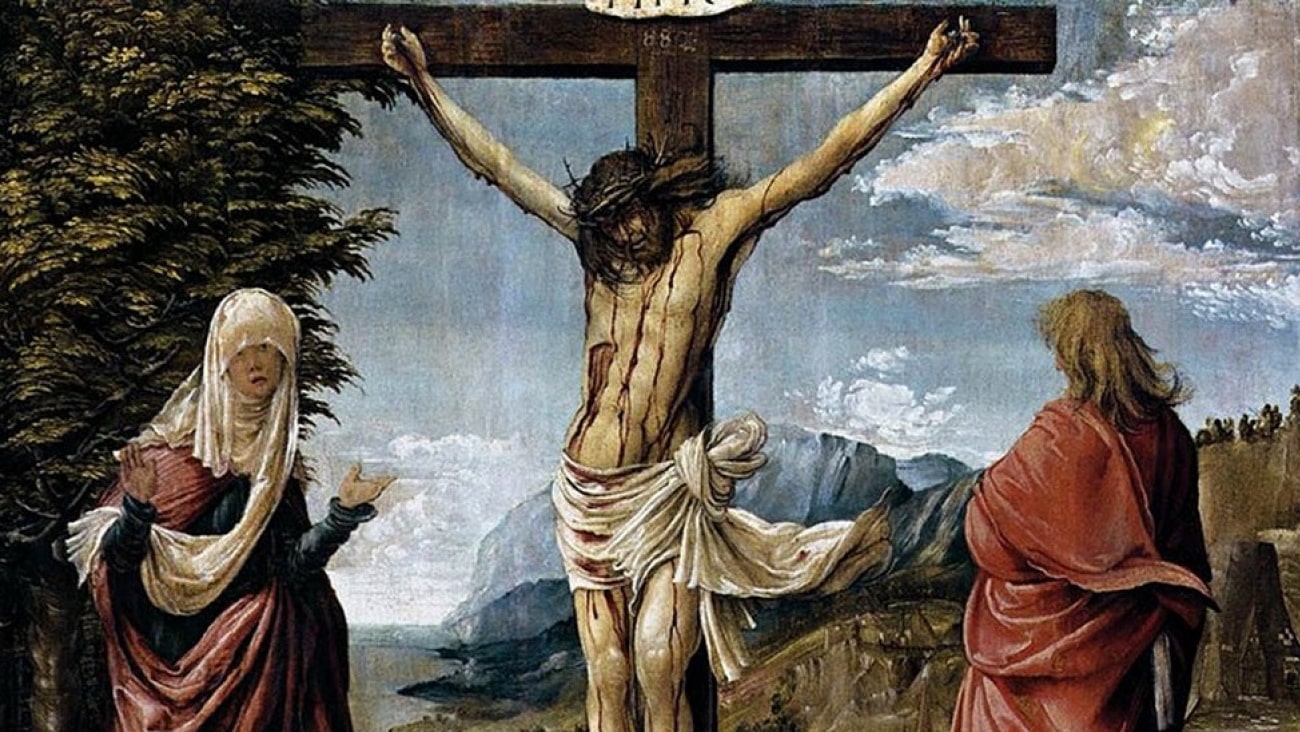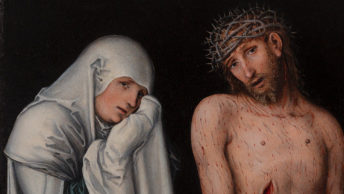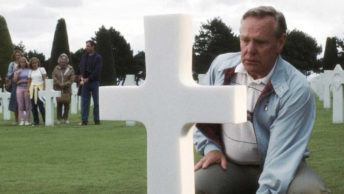In 1975, the J. Walter Thompson advertising agency created a famous advertising campaign for the Eastman Kodak Company entitled “The Times of Your Life.” Set to music and vocals sung by Paul Anka, the campaign took our nation by storm. With visuals of mothers and fathers capturing photographs of their children and grandparents holding their grandchildren at birthday parties, the campaign succeeded in not just selling cameras but also reminding the American people of the importance of family and, in short, that we should appreciate the unfolding precious moments of our lives.
Regarding these moments of time, the sixteenth-century Doctor of the Church, St. John of the Cross, once reminded those in his care:
Let us especially regret the smallest amount of time that we waste or fail to use in loving God.
Having now set this idea of time in our minds, I would like to remind you of something important about God that a friend reminded me of many years ago. While you and I live in a physical world with space-time dimensions of length, width, depth, and time, God dwells in the spirit realm (John 4:24). Living in eternity, it is true that God resides outside the sphere of time and sees all of eternity’s past and its future. But when we think of God in this way, it is as though He is unreachable. And this type of thinking would be a mistake. For example, think about how God has entered into time—by creating. In speaking through the Prophet Isaiah (48:12-13), he declares this about his role in creating the world: I am He, I am the first, and I am the last. My hand laid the foundation of the earth, and my right hand spread out the heavens. And regarding the creation of you and me, God said this through the Prophet Jeremiah (1:5): Before I formed you in the womb I knew you, and before you were born I consecrated you…
As such, we might say that in eternity, each one of us has always been on God’s mind. He has dreamed of us. He has loved us—even before we were born. And so, through His Creation (Gen 1), He willed that we might be born. Therefore, God created time—for us!
But in making time for us, we also know that something went wrong. With that first sin in the Garden of Eden (Gen 3), sin entered into paradise. And so, out of love and in time, God sent into our midst His only begotten Son. Through the Incarnation, the second person of the Holy Trinity entered time and dwelt among us. And in those “silent” years (roughly 30) leading up to His public ministry, Jesus grew in wisdom in the company of Mary and Joseph.
And then, on that blessed day when his cousin, John the Baptist, pointed him out as “the Lamb of God who takes away the sin of the world,” it began.
And the questions from Jesus ensued. One by one, He called them. To fishermen and tax collectors, He asked: Do you have time for me? Will you follow me?
And we know that certain among them did, whereas others did not. For those who followed Jesus, unthinkable graces were given them, whereas for those who refused His invitation, who among us can imagine their ultimate regret? But maybe, just maybe, words such as those composed by St. John of the Cross eventually burned in their ears: Let us especially regret the smallest amount of time that we waste or fail to use in loving God.
And then it began. During his three years of teaching and preaching and healing and loving his people, Jesus attracted many followers. But we also know that in doing so, Jesus upset the proverbial apple cart, as well. And after a time, the religious authorities had had enough. They told the Romans that given that “He has declared himself to be God,” he should be put to death. And he was.
During His passion and crucifixion, Jesus spoke seven words that spoke of forgiveness, trust, and the role of suffering in our lives. And He also willed that His mother—be our mother!
As Jesus hung on the Cross, it was though time stood still and perhaps eternity, as well. Holy Mother Church has speculated what Jesus might have been thinking as time stood still. In the 7th century, these words were contained in the Roman Missal and were sung on Good Friday during Adoration of the Cross. They are powerful:
O My people, what have I done to thee? Or in what have I afflicted thee? Answer me. Because I led thee out of the land of Egypt, thou hast prepared a cross for Thy Savior…What more ought I to do for thee, and have not done? I planted thee, indeed, My most beautiful vineyard; and thou art become to Me exceeding bitter; for thou hast given Me vinegar in My thirst; and with a spear thou hast pierced the side of thy Savior.
On Good Friday, we gather in communion with billions of souls on earth and in heaven in remembrance of God’s ultimate love. In recounting the Passion and Crucifixion, we remember the horror of it all. But in doing so, we should also remember that Easter is close at hand. While waiting, may we ask: In these times of our lives which Jesus has eternally willed for us, shouldn’t we spend every moment following and loving Him?









Great article Deacon Kurt! Happy Easter!